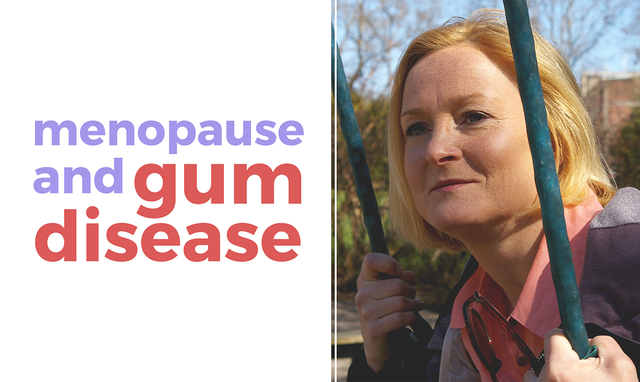Menopause and Gum Disease
As women enter menopause, they are at a higher risk of bone fractures, but according to a new study at Case Western Reserve University School of Dental Medicine, they may also be at a higher risk of contracting gum disease.
During menopause, a woman’s estrogen levels drop, which can lead to increased dryness in the mouth. Why is this a problem? Saliva – and its healthy, natural production – is your mouth’s best friend. It helps wash away acids in the mouth that develop as a result of eating and drinking, preventing them from wearing away at enamel and causing decay.
In addition how saliva helps the teeth, it also helps to lubricate the gums. During menopause, decreased saliva production can cause bleeding and receding of the gums, which is often a precursor to more serious gum disease.
So what does this mean for women going through menopause? For starters, in order to replace necessary moisture in the mouth, women approaching or experiencing menopause should be extra diligent about drinking enough fluids, as well as maintaining good oral health habits to combat the risk of decay. Having regular dental checkups can also help postmenopausal women be aware of changes in their oral health due to the effects of menopause.







